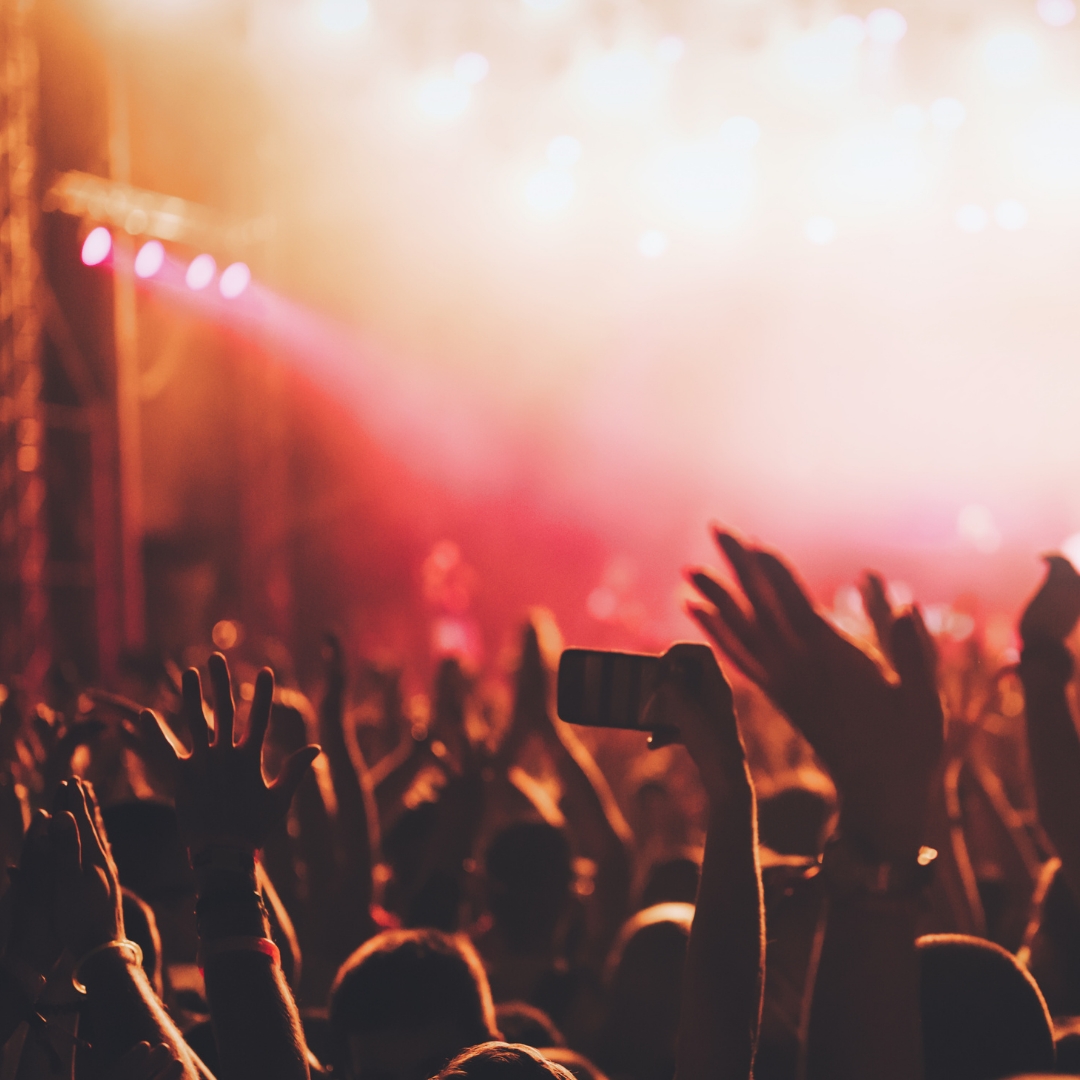
It doesn’t matter how shitty or amazing the first music festival you ever attended was, it lives long after the dust and the heat and the reverberation of the bass speakers fade. Maybe it’s because those first experiences are wrapped in freedom and connection and the joyous flood of the senses where everything is hot, dusty, (or worse, rainy) and unbearable except for the fact that you are there with your friends, known and unknown, and the whole world is alive with the sound of your collective heartbeat.
A lot of us were young in those first experiences, so of course they live strong in our senses. To this day, I don’t know why my parents let me go to my first festival at fifteen. But I packed that old Honda Accord with my friends at that young age and woke up before the mountain sun to drive a few hours away to a field where a terrible music festival had set up. The stage was built at the bottom of a hill and the steep pasture was where we gathered. At this point, I don’t remember much of the music, but the world of the music I’ll never forget. It was a big sky and a rocky hill pasture with boundless freedom and possibilities.
Even if you didn’t attend your first festival until you were an adult, with a job and a lease and responsibilities of some kind, it still brings that joy where you are surrounded with like people. Where all the world can fade away again, except the music and the crowd. Even when we aren’t invested in the music, or maybe we are just there because of a friend, popping down to a local street festival in our nearest city, it’s hard to resist the invitation to melt into the crowd and feel the rhythm coming off the pavement. Seeing a musician, in the flesh, giving that energy into a crowd and receiving it back is one of the great things about live music that makes you open to sounds you might skip without thought on your Spotify playlist.

There are of course the big festivals and the aura of them—Woodstock and Coachella and the like, but there’s a magic there to the little, shitty ones too. Kyuss, a brief but influential metal band from the late 80’s and 90’s went out into the desert of southern California to play nearly impromptu shows with a motley collection of other bands. They were called “generator parties”—out under the big desert sky with nothing but beer, your friends and enemies and strangers, and the unfolding sounds of a band you hadn’t heard of but are suddenly intimate with, watching the sweat on their face as they pour their heart on a makeshift stage.

We think a lot about the ways those experiences shape us, as the listeners. (Here at EarPeace, we are also thinking about protecting our primary ability to experience festivals). But it influences the music too, this kind of experience for a band. There’s something that rebounds back for the artist who plays in a festival. Kyuss’s music became bigger and lower, sounding at its peak (Welcome to Sky Valley) as if you could close your eyes and be at that shitty little weekend with a collection of LA bands who couldn’t play the clubs but had an audience all the same. Strange voices ride on the wind coming out over the plains from the canyons and you can hear the strangeness, the hum of the generators, the footprints in the dust of a collection of strangers under an endless night sky in the music they made at that time.
That feeling is what the big festivals are still trying to give us. The founder of Coachella explained the reasoning behind the venue where the festival takes place, saying to Billboard Magazine in 2014 that "Even before we looked at [Empire Polo Club], it hit us. We wanted it to be far. So you surrender. So you can't leave your house and see a couple bands and be back home that night. We want you to go out there, get tired, and curse the show by Sunday afternoon. That sunset, and that whole feeling of Coachella hits you."
There is something in the misery of it—the surrender to the sweat and dirt and taste of salt and grime on your lips (even the sticky lip-glossed influencers these festivals are flush with now must succumb to this feeling). It’s the way we surrender when we put our music into our ears at work or on a run, but lived louder and longer and with energy that thumps in your whole body. Some people may hate the feeling of the bass, but to us it feels like a heartbeat.

Maybe it’s not even the first experience, it’s just each one of them. Each festival brings its own stories and memories and music we discovered or history we witnessed. The things we remember, long after the music fades. Trying to sleep in the morning sun, dirty and exhausted. Teddy graham crackers in a bowl of gas station milk. Coolers into chairs. Warm beers. Standing in line for a boxcar shower that is so cold it feels both terrible and a relief after the hot sun.
After COVID, because there will be an after, what we have to look forward to is the rebirth of those first experiences. We will buy the tickets, get excited and maybe nervous we can’t make it due to rules we can’t control, just like when we were young. But we will arrive, with our friends, enemies and strangers. Older, wiser, with sunscreen and Earpeace and enough water. After the last few years we’ve had, we appreciate all the more the richness of every note, the surrender and joy of arms up under a big sky.
And if you’ve never gone to a festival? Well, you’re in for an incredible experience.
